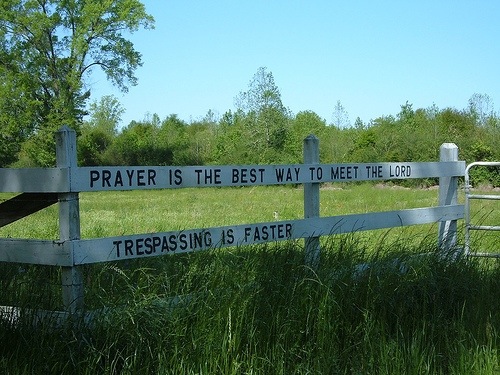
Wanted to share this great article from the Verge Network by Josh Reeves about 25 simple ways to engage your neighbor. And there’s a bonus. There is a link to a previous article from Josh with 25 more ways that was actually a prequel to the article I have copied and pasted below :)
Hope it encourages you to love your neighbor! So grateful for the Verge Network and all the great resources they share.
-jason
————————————————————
[ from the Verge Network ]
Recently, Josh Reeves wrote an article with “25 Simple Ways to Engage Your Neighbors.” Because there was so much interest in the article, we decided to give a follow-up with 25 more ideas to engage with your neighbors.
Here’s a recap of the original article, along with more ways to engage your neighbors:
*******************************
I have found that it is often helpful to have practical ideas to start engaging the people around me. Most of the things on this list are normal, everyday things that many people are already doing. The hope is that we would do these things with Gospel intentionality. This means we do them:
– In the normal rhythms of life pursuing to meet and engage new people
– Prayerfully watching and listening to the Holy Spirit to discern where God is working.
– Looking to boldly, humbly, and contextually proclaim the Gospel in word and deed.
Below is a second list of 25 simple ways to engage your neighbors. Not all of these are for everyone, but hopefully there will be several ideas on the list that God uses to help you engage your neighbors:
1. Cook an extra casserole and give it to a neighbor
2. Buy an extra dozen donuts and give them to a neighbor
3. Start a compost pile and allow neighbors to dump their compost
4. Host a coffee and dessert night
5. Organize and host a ladies craft night
6. Organize an effort for neighbors to help take care of elderly in neighborhood
7. Become a regular at your neighborhood pool/park
8. If you have a skill, let neighbors know that you can use it to help them for free
9. Host a movie night and discussion afterwards
10. Start a walking/running group in the neighborhood
11. Start hosting a play date weekly for other stay at home parents
12. Organize a carpool for your neighborhood to help save gas
13. Collect good will store items and offer to take them to goodwill
14. Have a front yard ice cream party in the summer
15. Start a sewing group
16. Go Christmas caroling in your neighborhood (invite neighbors in on it)
17. Throw a July 4th block party
18. Start a neighborhood Facebook/Twitter/Google + group
19. Ask longtime residents to help you learn about the neighborhood
20. Offer to babysit neighbors kids so they can have a date night
21. Find out your neighbors birthdays and take them a card and baked goods on it
22. Setup a meet your neighbors night with drinks in your driveway/front yard
23. Ask your HOA or apartment complex if they need help with anything
24. Host a regular Saturday morning breakfast potluck
25. Host a sports game watching party
Do you have some other ideas or ways that you or your Missional Community have engaged your neighborhood? Let us know below in the Comments section!
Missional Tip:
Pick one of these ideas and act on it this week. Let us know in the Comments Section how it went!
**********************************
Josh Reeves is the Lead Planting Pastor with Redeemer Church in Round Rock, Texas. You can follow Josh on Twitter: @joshreeves








